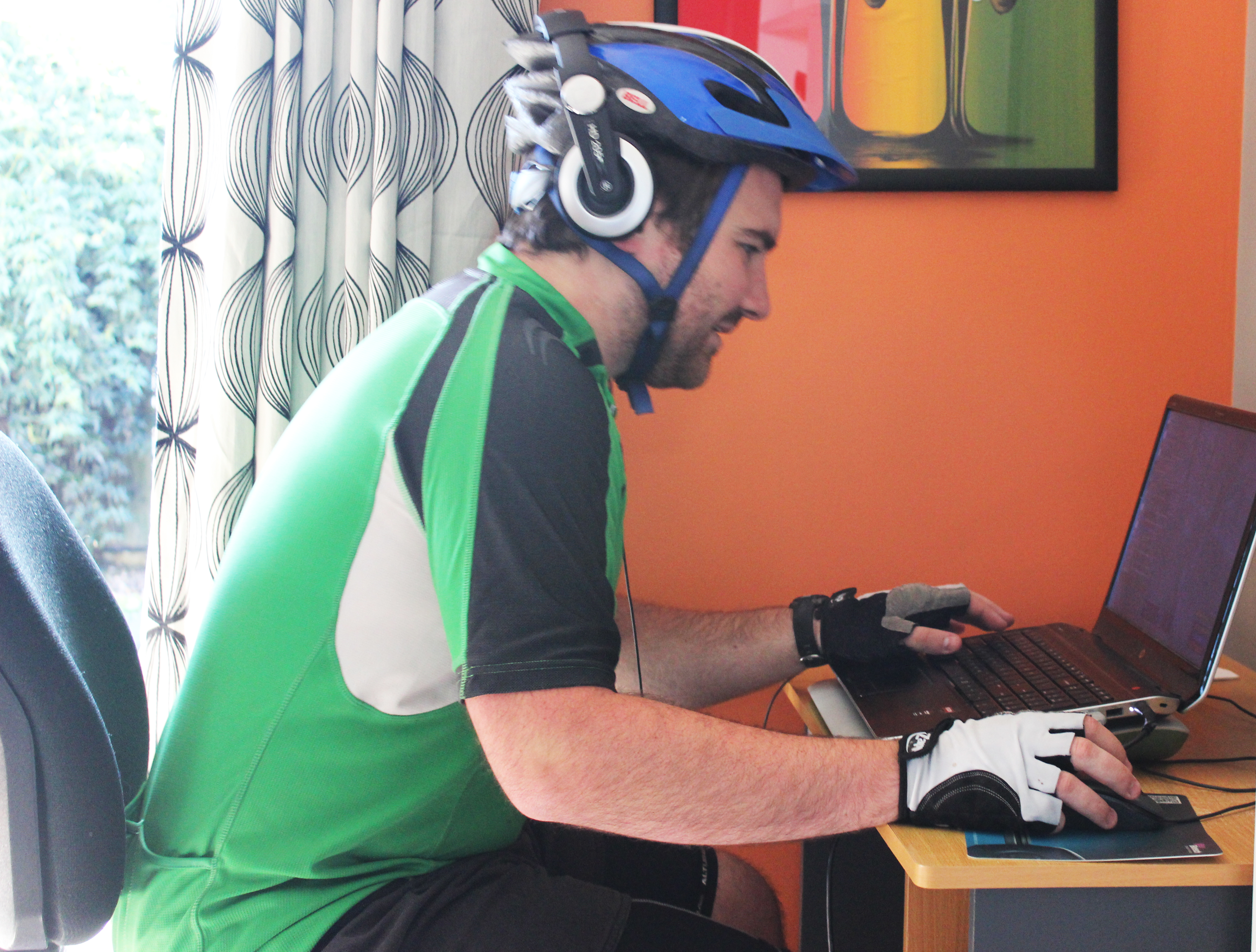Male gamers break stereotypical image
Many people have the view that male gamers do not get outside, let alone exercise. However, recent survey data indicates this view is in for some reworking.

Cans of Red Bull, empty pizza boxes, and corn chip packets surrounding a couch potato in a dirty shirt staring at a screen.
The stereotypical image of a male gamer.
How long has he been there? It’s hard to say.
You might jump to the conclusion that this individual has not seen the sun for a while, let alone got up to do some exercise.
However, recent statistics show that this image might not be all that accurate.
It turns out gamers do exercise but, perhaps like the rest of us, not enough.
According to Statistics New Zealand while New Zealand males aged 12 and older are spending more time playing computer games, they are not cutting out time spent on primary physical exercise.
The 2009/10 Time Use Survey revealed male gamers spend almost twice as long playing computer games in their free time as they did sporting activities.
On average, males now spend 17 minutes a day playing video games, and only nine minutes participating in sporting activities.
That 17 minutes is a 55 percent jump in gaming time when compared to the 11 minutes recorded in the 1998/99 Time Use Survey.
However, while gamers increased their time in front of screens, they did not do so at the expense of exercise, which dropped by just 10 percent from 10 minutes to nine.
The 2009/10 survey also shows that males spend 19 minutes a day on average participating in primary physical exercise, the same as 1998/99.
The difference between primary physical exercise and sporting activities comes down to the main focus.
Primary exercise is where the person’s main focus is on that activity – playing rugby for example – whereas sporting activities are where the person could be doing something else at the same time, such as looking after a child.
Gamer and mountain biker Justin Cullingworth, 26, said the availability of games and consoles has played a factor in the jump in time spent on the couch.
“There are more available now so why wouldn’t more people be playing?”
Cullingworth, who has actively participated in both computer gaming and primary physical exercise since he was 14, said he gets daily exercise.
“I’ll bike, and if I don’t bike I’ll do other exercise like push ups or sit ups or that sort of thing,” he said.
“You’ve got to do something every day or you get all this pent-up energy.”
He also said gaming can be beneficial as it helps to improve skills used in physical activity, such as hand-eye coordination, reflexes, and tactical thinking.
Sport Waikato Project Energize Project Manager and Active Living Strategic Advisor Stephanie McLennan said while there was no change in the time spent doing primary physical exercise, males are still not doing enough.
“The New Zealand physical activity guidelines for good health are 30 minutes a day at least of moderate physical activity,” she said.
“So these men are doing well under what would be considered good for their health.”
McLennan said that, although there may be some benefit to gaming, men were clearly not receiving physical activity messages as well as women.
“We know women have got more messages about being physically active because we get more of them who come to walking groups, running, and gym, and everything else,” she said.
“I have no idea why anyone would sit in front of a machine fiddling around and playing games on it.”
- There have been a number of studies into this side of gaming that show it can help to improve and develop a particular skill set.
- In early 2015, The Guardian published a short documentary on gamers being recruited by the US Army as drone pilots at video game expos because of the skill set gamers have.




